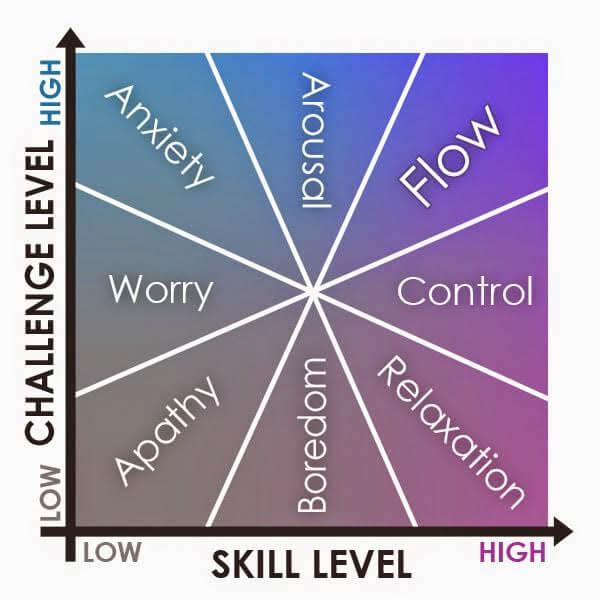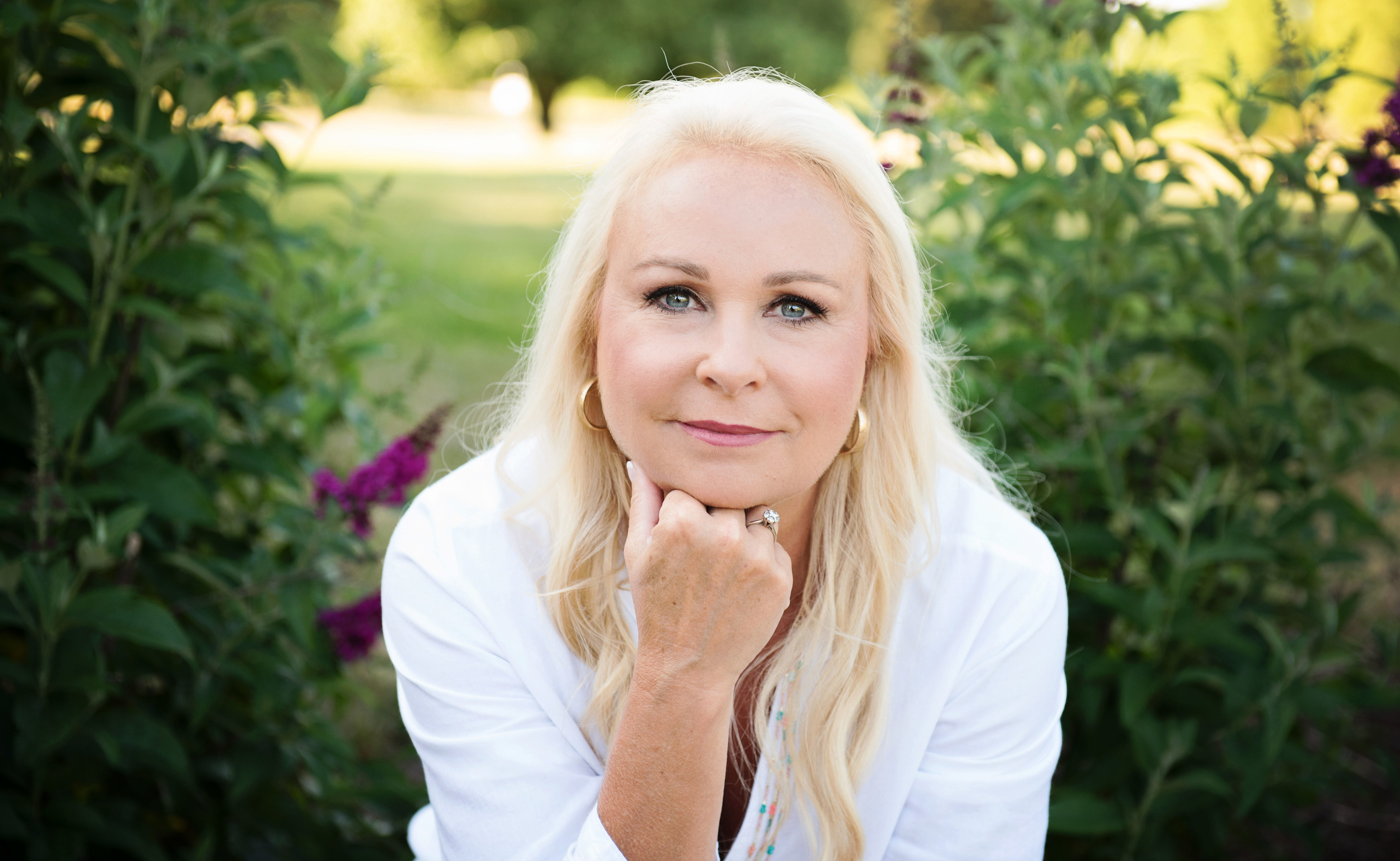Trade in Work-Life Balance for the Concept of Flow
“Work-life balance is a myth that causes stress rather than relieving it.”
Work-life balance is a topic that has interested me for quite some time. In fact, this quote is the opening line to a chapter in my second book, “Lessons in Lifecircle Leadership.” I’ve been spending even more time on this topic as a part of the Stagen Leadership Academy and am excited to share some new insight I’ve gained. If you’re a believer in work-life balance, hear me out.
First of all, let’s address the big question – what is wrong with work-life balance? It artificially compartmentalizes pieces of your life. In other words, it assumes that we have work from 9 a.m. – 5 p.m., but when we leave work, we don’t think about work; instead, we focus entirely on family. And, when we are not focusing on family, then we are entirely focusing on self-care, a hobby, time with friends—or anything else that falls outside of the realm of work or family.
Compartmentalizing may feel like good boundary setting, but what happens when you’re at work and a family member calls with an issue that needs your immediate attention and take you away from work? Or what happens after dinner if an emergency pops up at work you need to address? It causes you to feel stress. Our lives don’t fit neatly into compartments – and I’m here to tell you that’s OK. There’s a better way. Consider the concept of flow.
Mihaly Csikszentmihalyi, engagement theorist, describes flow as the effortless zone of peak performance that maximizes fulfillment. Essentially he has developed a “challenge-skills equation” (shown below) that focuses on how hard we perceive something to be vs. our perceived skill level. When challenge outweighs skill, we become overwhelmed – as you can see in the illustration below, that translates to worry and anxiety. On the other hand, if our skills are high enough to meet a high challenge level, we’re in a sweet spot known as flow.

Considering how the challenge level and perceived skill level relate to one another is key because it can ensure we continue to grow but do not frustrate ourselves and shut down. But there’s a third component – enjoyment. The ultimate goal is to have an “autotelic” experience—to feel enjoyment and fulfillment as a result of the experience. If we are not experiencing enjoyment or fulfillment in our life, it’s tough to feel like our life has flow.
To accomplish this, we need to monitor two things—we must have some work that is inherently valuable and fulfilling to set ourselves up to experiencing flow. But we must also be sure that we balance our challenges and our skills to optimize performance and not get overwhelmed. In this sense, balance is a valid concept – balancing our lives to experience flow—optimizing both our performance and our feeling of enjoyment and fulfillment in our tasks.
While this specific flow concept is something I’ve recently connected with, I have believed that work-life balance is a myth for a long time. I’ve chosen to shift my mindset to an overall life balance, which aligns with the concept of flow. Interested in taking a deeper dive? You can read more in chapter two of my most recent book, “Lessons in Lifecircle Leadership.”

